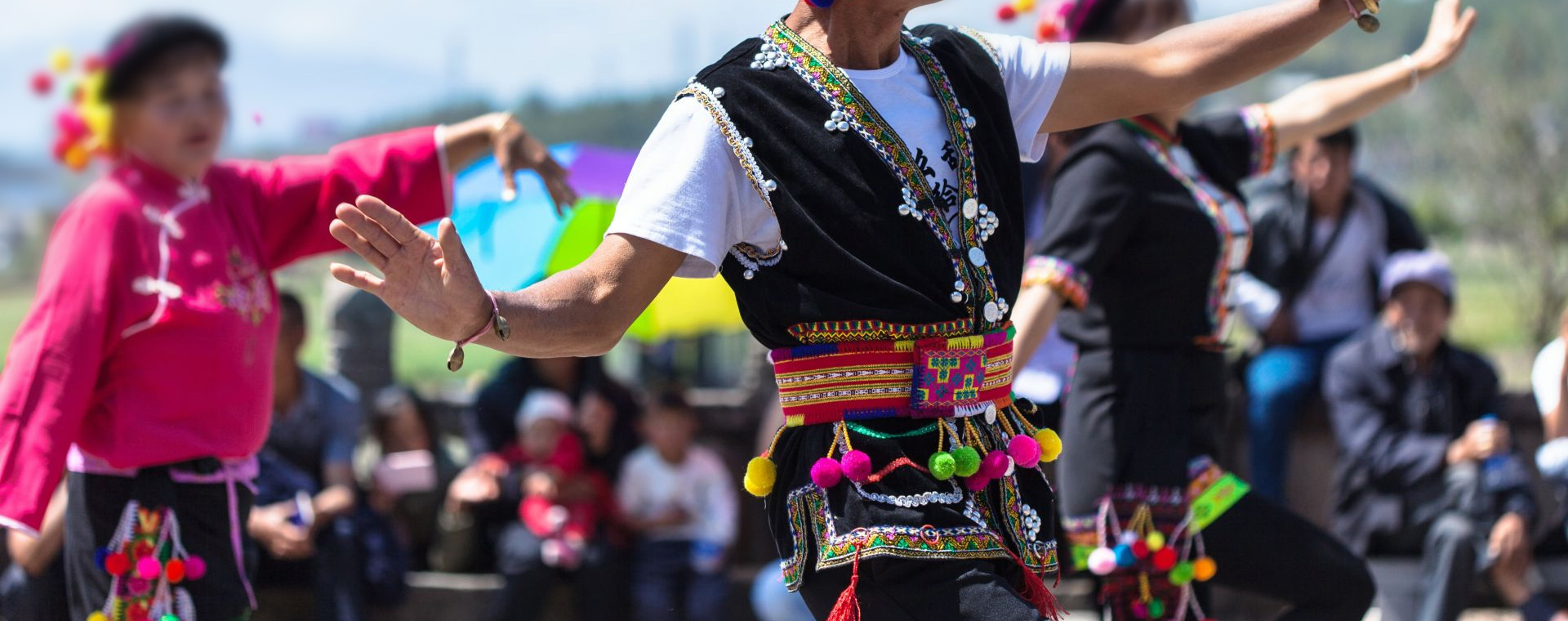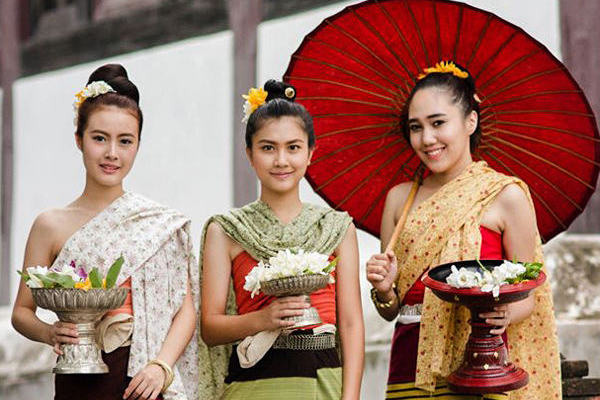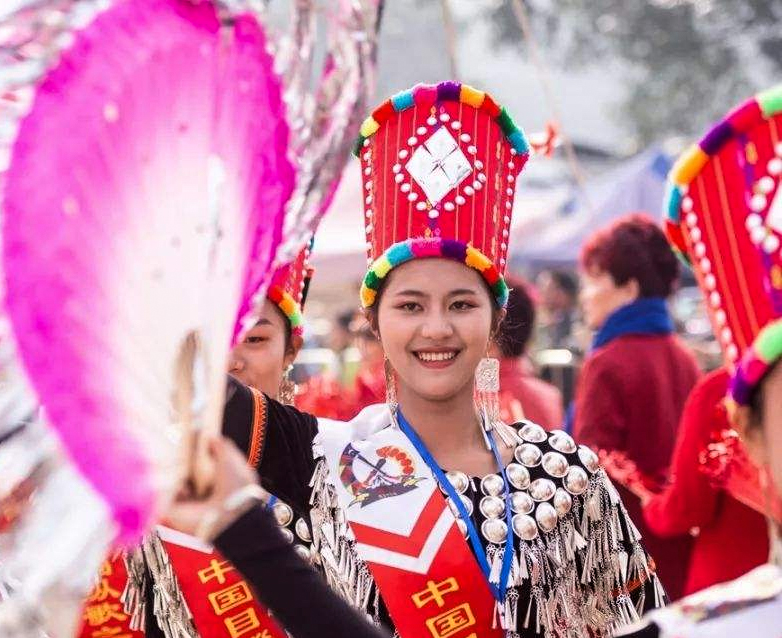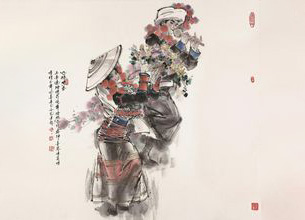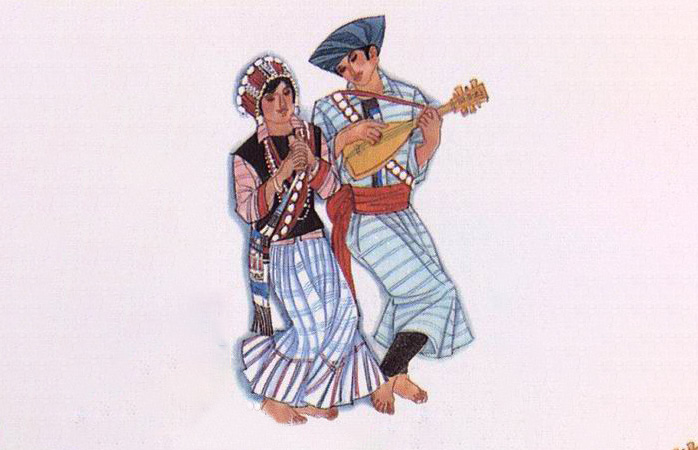Songkran Festival—Carnival of the Dai and De'ang Peoples
Songkran Festival—Carnival of the Dai and De'ang Peoples
The Songkran Festival, also known as Buddha Bathing Ceremony, is the main festival of the Dai and De'ang peoples in Ruili. It is called "shangjian" in the language of Dai people, and "gongpai" in the language of De'ang people. Legend has it that the Songkran Festival evolved from the Holi Festival in India and the custom of bathing in the holy river. It is a festival to bath Buddha, pray for rain, start spring ploughing and wish the prosperity of human life and livestock as well as a harvest of crops. In Buddhist circle of Pali language, it is the grandest religious ceremony of the year. The first day of the festival is the New Year's Eve in the calendar of the Dai people. Everyone on this day is going to clean up his/her room. Dressed up in festive costumes and knocking elephant-foot drums and cymbals, a group of boys and girls went into the mountains to pick "Shangjian flowers" and decorated the pavilions for water fights; the elderly people prepares to treat guests at home, killing chicken and cattle and making Songkran glutinous rice cakes, Dai-style glassy noodles and rice noodles. The second day is the New Year's Day and the first day of the year in the calendar of the Dai people. On this day, the middle-aged and elderly people must enter the monastery to listen to the scriptures and use the clean water to bathe Buddha; ask Buddha to chant Buddhist scriptures in the front of the water fight pavilion and hold a praying ceremony. Everyone pours water into the "water dragon", and then splashes water on each other.
Dates of the Event: Between June 17 and 19 in the calendar of Dai people, or counting from the 7th day after the Lunar Tomb Sweeping Day, or in the middle of April in the Gregorian calendar. The carnival generally lasts for 3-7 days.
